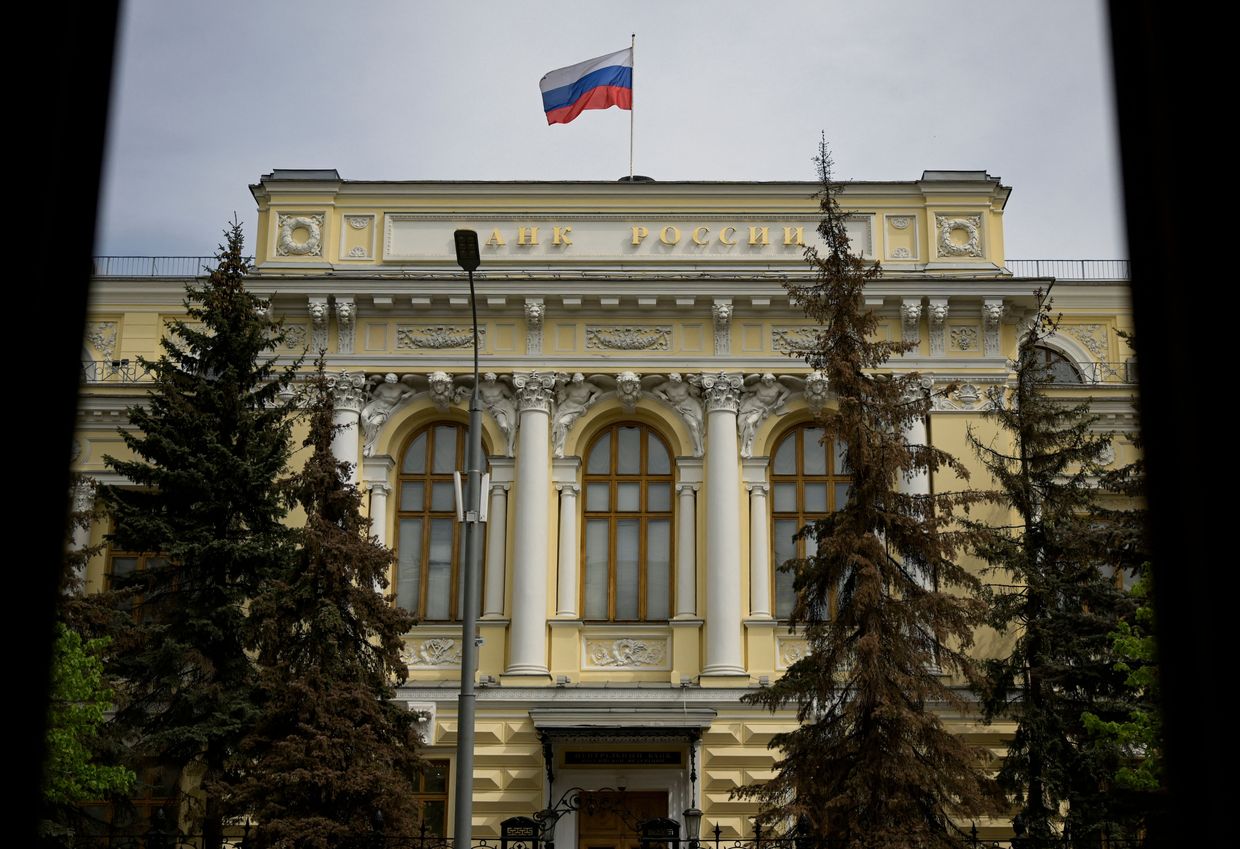US officials say Russia is using unsuspecting Americans to spread election disinformation

Top intelligence officials revealed on July 29 that the Kremlin is using unsuspecting Americans and commercial public relations firms in Russia to spread disinformation about the U.S. presidential race.
The warning follows a turbulent period in U.S. politics, prompting Russia, Iran, and China to adjust their propaganda strategies. Despite these changes, intelligence officials emphasize that these nations remain committed to flooding the internet with false and inflammatory claims about American democracy to erode confidence in the election.
"The American public should be aware that content they encounter online — particularly on social media — could be foreign propaganda, even if it seems to originate from fellow Americans or within the United States," said an official from the Office of the Director of National Intelligence, who spoke to the Associated Press anonymously under the office's guidelines.
Authorities say that Russia remains the most significant threat in terms of election disinformation, while there are signs that Iran is increasing its activities and China is taking a cautious approach regarding the 2024 election.
During the briefing with reporters, officials noted that groups associated with the Kremlin are increasingly employing marketing and communications firms within Russia to produce digital propaganda while concealing their involvement. In March, two such firms were targeted by new U.S. sanctions for creating fake websites and social media profiles to disseminate Kremlin disinformation.
This disinformation targets various subjects, including candidates, voting processes, and contentious issues already under debate in the U.S., such as immigration, crime, or the war in Gaza.
Officials monitoring foreign disinformation report that they have issued twice as many warnings to political candidates, government leaders, election offices, and other targets of foreign groups during the 2024 election cycle compared to the 2022 cycle.
While officials did not disclose the number of warnings issued or the identities of the recipients, they noted that the significant increase indicates both a heightened interest in the presidential race by America's adversaries and improved government efforts to identify and alert against such threats.












